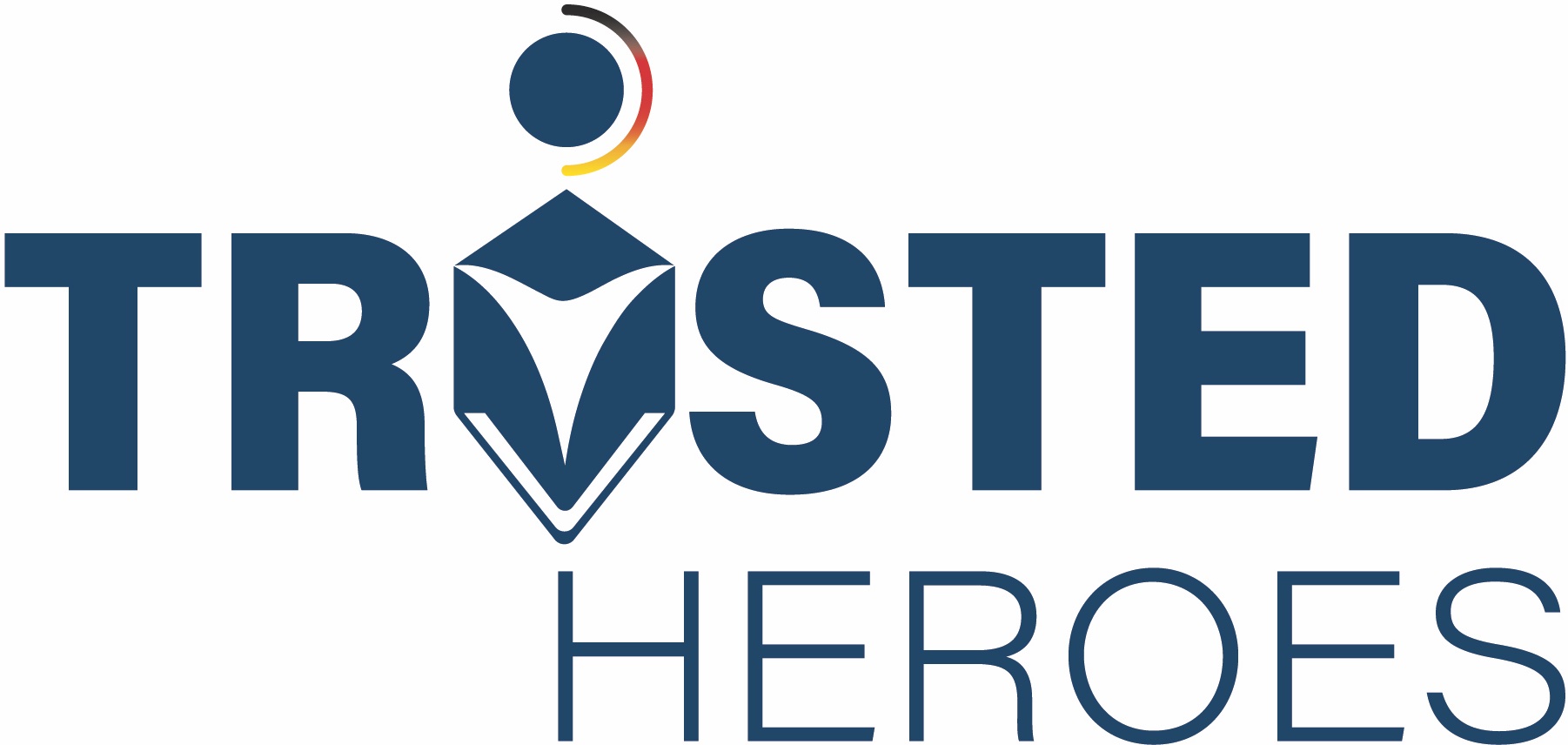In our globalized and interconnected world, product traceability is becoming increasingly important. It serves not only safety and quality but also the trust of consumers and businesses in the products they buy or use.
Importance of Traceability: The ability to comprehensively track a product’s history ensures that it meets specified standards and contains no hidden defects or risks. This is especially crucial in industries such as food, medicine, and automotive manufacturing, where the origin and quality of products directly impact human health and safety.
Technological Support: With advancing technology—particularly through barcode scanning, RFID tags, and blockchain—traceability has become significantly more efficient and accurate. These technologies allow documentation of every phase in a product’s lifecycle, from raw material sourcing and manufacturing to the end consumer.
Economic Value: Traceability is not only a matter of safety but also of trust. Consumers are often willing to pay a premium for products whose origin and quality can be verified. This is particularly true for sectors like food, cosmetics, and luxury goods.
Regulatory Requirements: Many countries and industries have legal regulations mandating traceability. These rules ensure that, in case of issues, swift and efficient action can be taken to protect consumer safety.
Ethics and Sustainability: In the context of growing importance of ethical consumption and sustainable production, traceability enables consumers to make responsible purchasing decisions. It ensures that the products they buy comply with ethical and environmental standards.
In summary, traceability is a key concept in today’s production and consumer landscape. It provides safety, builds trust, and supports responsible consumption. In a world where the origin and quality of products increasingly take center stage, the ability to track products thoroughly becomes ever more indispensable.





